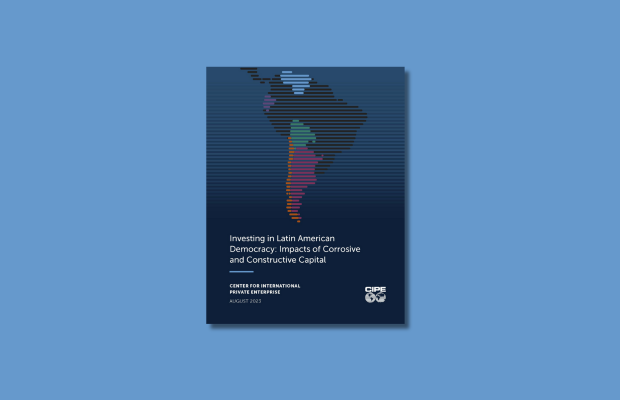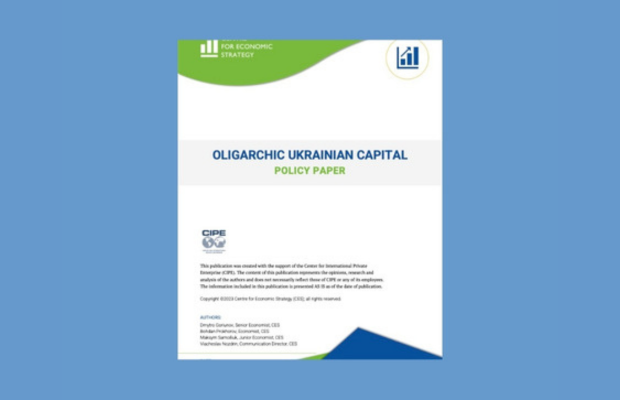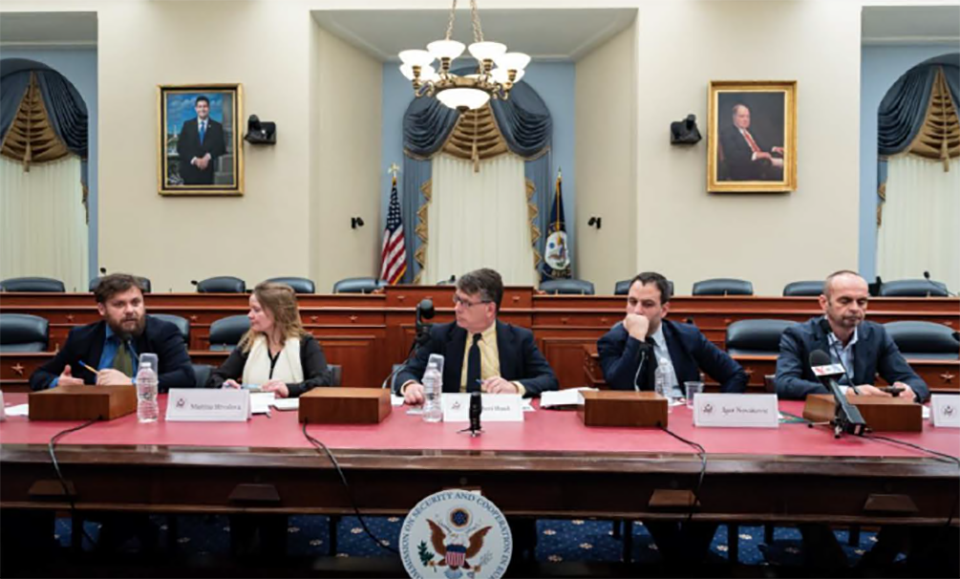Tracking Corrosive Capital: A Guide for Investigative Journalists
Tracking Corrosive Capital is a guide for investigative journalists to identify and track foreign investments that weaken a country’s democratic institutions and values. Corrosive capital describes financing, whether state or private, that lacks transparency, accountability, and market orientation. This type of capital stems from autocratic countries, principally China, Russia, and Iran. Such investments can be used to influence political, economic, and social processes in the recipient countries.

Investing in Latin American Democracy: Impacts of Corrosive and Constructive Capital
Investing in Latin American Democracy: Impact of Corrosive and Constructive Capital summarizes the key findings from five years of investigation into the influx and effects of "corrosive” and “constructive” capital in Latin America. The weakened and fragile state of many Latin American nations has increased their dependency on foreign financing, which often comes from anti-democratic nations.

Identifying and Analyzing Corrosive Investments into Ukraine’s Economy as an Element of Hybrid Warfare
Economic warfare is a special theater in which the aggressor tries to inflict fatal damage on the economy of the victim country, using all available tools as much as possible. There are two ways of waging economic warfare: “collision” with the victim's economy and “penetration” into it. Within these ways, various methods can be applied, some of which become systems during the project.

What Will It Take To Rebuild Ukraine?
Ukraine’s reconstruction and recovery costs are the focus of a new report released jointly with the government by the World Bank, the United Nations, and The European Union. The assessment focuses on humanitarian and economic needs, as well as what it will take to rebuild once Russia’s war on Ukraine is over. Updated estimates now exceed $400 billion and there is much debate over how to support reconstruction in Ukraine that is truly transformative and ensures a clear break from the past.

Oligarchic Ukrainian Capital
The oligarchic system that has developed in the political and economic spheres of Ukraine represents one of the main obstacles to the socio-economic development of the country. The oligarchy distributes resources in an ineffective manner, without regard for the interests of society; it diminishes competition and increases economic losses; it weakens institutions; and it maintains a high level of corruption and inequality. The main factors that distinguish oligarchs from ordinary businesspeople are their active participation in political processes and their use of influence over government institutions for their own gain.

“We Will Rebuild”: How Ukrainian Businesses are Ensuring Both Survival and Transformation
On the one-year anniversary of Russia’s invasion of Ukraine, CIPE staff and partners there are more committed than ever to defending democracy, advancing economic freedoms, and transforming their country. CIPE employees never evacuated, choosing to work alongside the longtime business colleagues and government officials determined to overcome the destruction and suffering brought by war. This is the first in a series of tributes to the people of Ukraine, as well as the resourcefulness and leadership of the private sector in the most trying of times.


